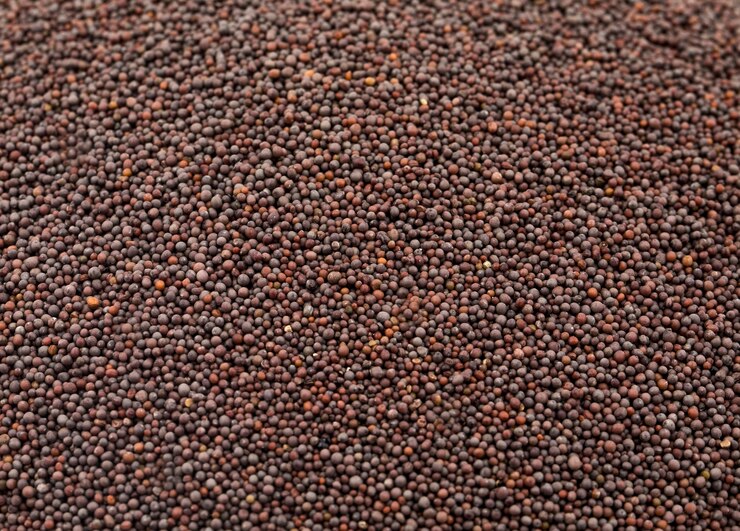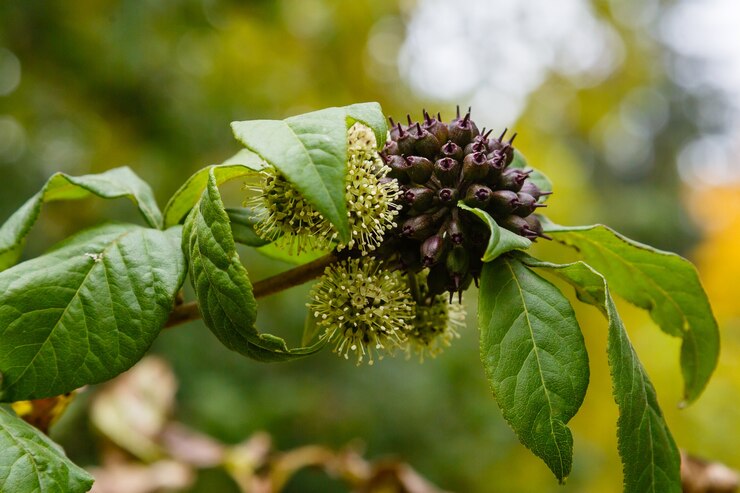Exploring the Versatile World of
Mustard and Castor Seeds
Welcome to our platform dedicated to the exploration of two versatile and valuable seeds – Mustard and Castor. These seeds have been cherished for their culinary, industrial, and medicinal applications, shaping industries and cultures around the world. Join us as we uncover the diverse uses, benefits, and significance of Mustard and Castor seeds.




Explore the Seeds of
Innovation and Tradition
Mustard Seeds: A Culinary and Nutritional Gem
Mustard seeds are renowned for their distinct flavor and wide range of culinary uses. Here’s what you need to know:
- Flavorful Delight: Mustard seeds add a tangy and spicy kick to dishes, enriching the flavor profile of sauces, pickles, and dressings.
- Health Benefits: These tiny seeds are packed with nutrients, including antioxidants, essential minerals, and dietary fiber.
- Culinary Versatility: From whole seeds in Indian tadkas to ground mustard in European mustards, explore the global culinary journey of mustard.




Castor Seeds: Beyond Oil Extraction
Castor seeds play a crucial role in industries beyond the culinary realm. Discover the wide-ranging applications of these seeds:
- Industrial Significance: Castor seeds are the source of castor oil, a vital ingredient in various industries, including pharmaceuticals, cosmetics, and manufacturing.
- Eco-Friendly: Castor plants are known for their sustainable properties, aiding in soil erosion control and biodiesel production.
- Traditional Medicine: In some cultures, castor oil has been used for centuries for its potential health benefits, from digestive support to skincare.
From Soil to Solution: Castor Cultivation
Castor seeds play a significant role in various industries due to the versatility of castor oil. Let’s explore their cultivation and industrial applications:
- Agricultural Resilience: Castor plants are known for their ability to thrive in arid and marginal lands, contributing to soil rejuvenation.
- Oil Extraction: Castor oil is obtained from the seeds and is a vital ingredient in cosmetics, pharmaceuticals, and even biodiesel production.
- Eco-Friendly Uses: Castor plants are being explored for their potential to produce bio-based products, contributing to sustainable practices.
Cultivating Prosperity: Business Opportunities
Explore the potential of establishing a business centered around Mustard and Castor seeds:
- Agri-Entrepreneurship: Learn about the cultivation techniques, optimal growing conditions, and agricultural practices for these seeds.
- Value Addition: Discover ways to add value to your products, such as cold-pressed mustard oil or castor oil derivatives for industrial use.
- Market Insights: Gain insights into market trends, consumer preferences, and opportunities for growth in the culinary and industrial sectors.
From Seed to Success: Nurturing Quality
Ensuring the quality of Mustard and Castor seeds is pivotal in maintaining their integrity and value:
- Seed Selection: Partner with trusted suppliers and growers who prioritize quality and sustainable farming practices.
- Processing Excellence: Implement efficient processing methods that retain the seeds’ natural properties and nutritional value.
- Quality Assurance: Regularly test seeds for purity, moisture levels, and contaminants to ensure they meet industry standards.





